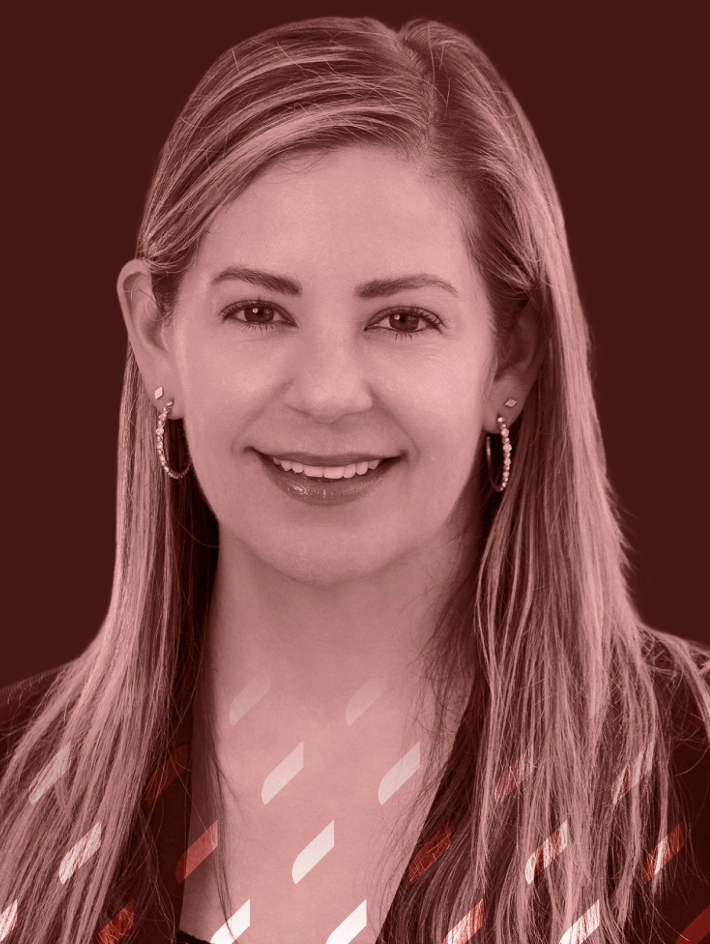Could you share a little bit of your background?
I am an equity partner and member of the executive committee of Sérvulo & Associados (SÉRVULO), a renowned firm in the Portuguese legal market with +100 lawyers.
Professionally, besides an intense professional practice, I have management responsibilities within the firm and the employment law team. In addition to that, I am part of a set of pioneering projects in areas that are particularly important to me, related to diversity and gender equality. Simultaneously, I maintain an active academic activity as a Professor at the Faculty of Law at the Portuguese Catholic University (Lisbon School), where I teach at the graduate and masters' levels, being also a regular speaker at conferences and seminars on employment matters. I am also the mother of a wonderful 10-year-old girl. I don’t always find it easy to reconcile the various fronts of my professional life with my academic career and personal life. The challenges that it poses are, perhaps contradictorily, an element that pushes me always forward. Before joining SÉRVULO, I was Deputy to the Secretary of State of Employment and advisor to the Secretary of State of the Prime Minister, integrating the team that promoted the articulation between the Troika and the Portuguese Government during the assistance programme.
In your opinion, what are some of the key challenges women lawyers face in the legal profession?
Over the years, women in the field of law have faced a number of obstacles, including a lack of inclusion in leadership and gender-based discrimination. Today, the challenges that women lawyers face in the legal profession persist, largely due to the cultural and social demands traditionally placed on women: social, family, professional and psychological demands that sometimes make it almost impossible to successfully reconcile so many requirements. Despite the significant progress made in the last decade, there is still not always an equal perception of the level of pressure to which women and men are subjected. Currently - as it has been the case for a number of years, even decades, in undergraduate, postgraduate and master's programmes, the percentage of women is impressive when compared to men.
In the field of law, the main problem is not access to education but the choices that men and women are called upon to make throughout their lives and careers and, from my perspective, this is where the fragility still lies. Cultural and social changes are still essential, including a reduction in the pressure on women in extra-professional areas and a more balanced distribution of responsibilities. And there are two factors that, if well implemented, can be good allies: hybrid teleworking and the use of technology (for the generalisation of online meetings, for example, which allow for much more efficient management of lawyers' time).
How do you balance the demands of your legal career with other aspects of your life, and what advice do you have for aspiring women lawyers in achieving this balance?
I realise I made a particularly challenging decision to combine my academic activity with law practice, devoting myself exclusively to neither. But I think it would be just as difficult if I wasn't a woman. It is not a question of gender. It is essentially a permanent endeavour to ensure that you do a good job. However, I wouldn't be fulfilled if I didn't also dedicate myself to my family and friends, which are, after all, the other - essential - part of my life. So far, with greater or lesser sacrifices, everything has been done with a great deal of hard work and dedication, and I have met fundamental people along the way - whether in my personal life, in Academia or in the legal profession - who have supported and encouraged me: and there, without differentiation, men and women, without whom my journey would have been different. As for the advice: Do your best, don't let others underestimate your work and treat others the way you would like to be treated.
Can you share an example of professional achievement or success that you are particularly proud of, and how did your gender play a role, if at all, in that accomplishment?
My gender has had no impact on my professional achievements. For me, professional achievement occurs when clients, colleagues I admire, or my students make me feel fulfilled. Women supposedly have a special ability to handle multitasking and are naturally inclusive leaders. However, I believe that the professional approach of a woman and a man are not so different and that, more than gender, what is relevant are the human characteristics and personality traits of each person.
Networking and building relationships are essential in the legal profession. Can you share insights into how Legalink has provided you with opportunities to connect with legal professionals globally?
Legalink is a particularly wide-ranging, close and dynamic international network of law firms, which has enabled us to make contact with colleagues from all over the world, enrich our knowledge and dynamize our practice in areas of the future.
The network has increasingly organised itself into practice groups, which allows it to bring its members together around areas of common interest, hold sectoral meetings in addition to other regular annual meetings, and has given us a truly global view of the profession.
How do you see Legalink’s role in supporting women lawyers in the network?
As a multicultural organisation, Legalink plays an important role in promoting issues such as diversity, equity and inclusion. It is to be commended for spreading initiatives such as the creation of Legalink | Women in Law (in 2023), as well as for organising women's forums in various jurisdictions.



